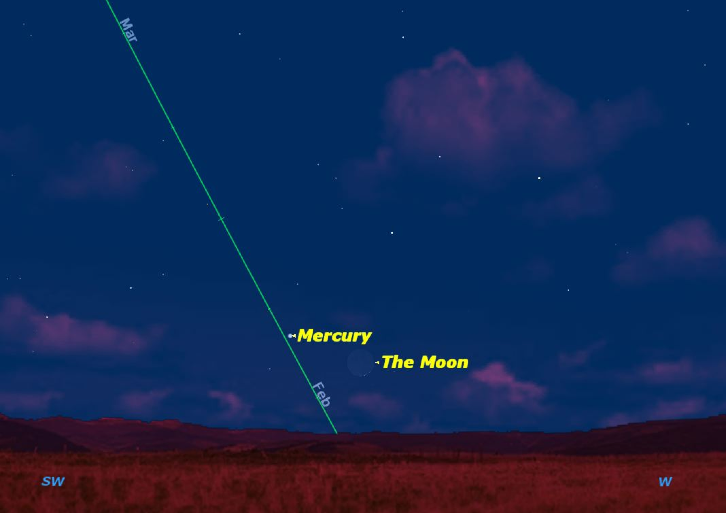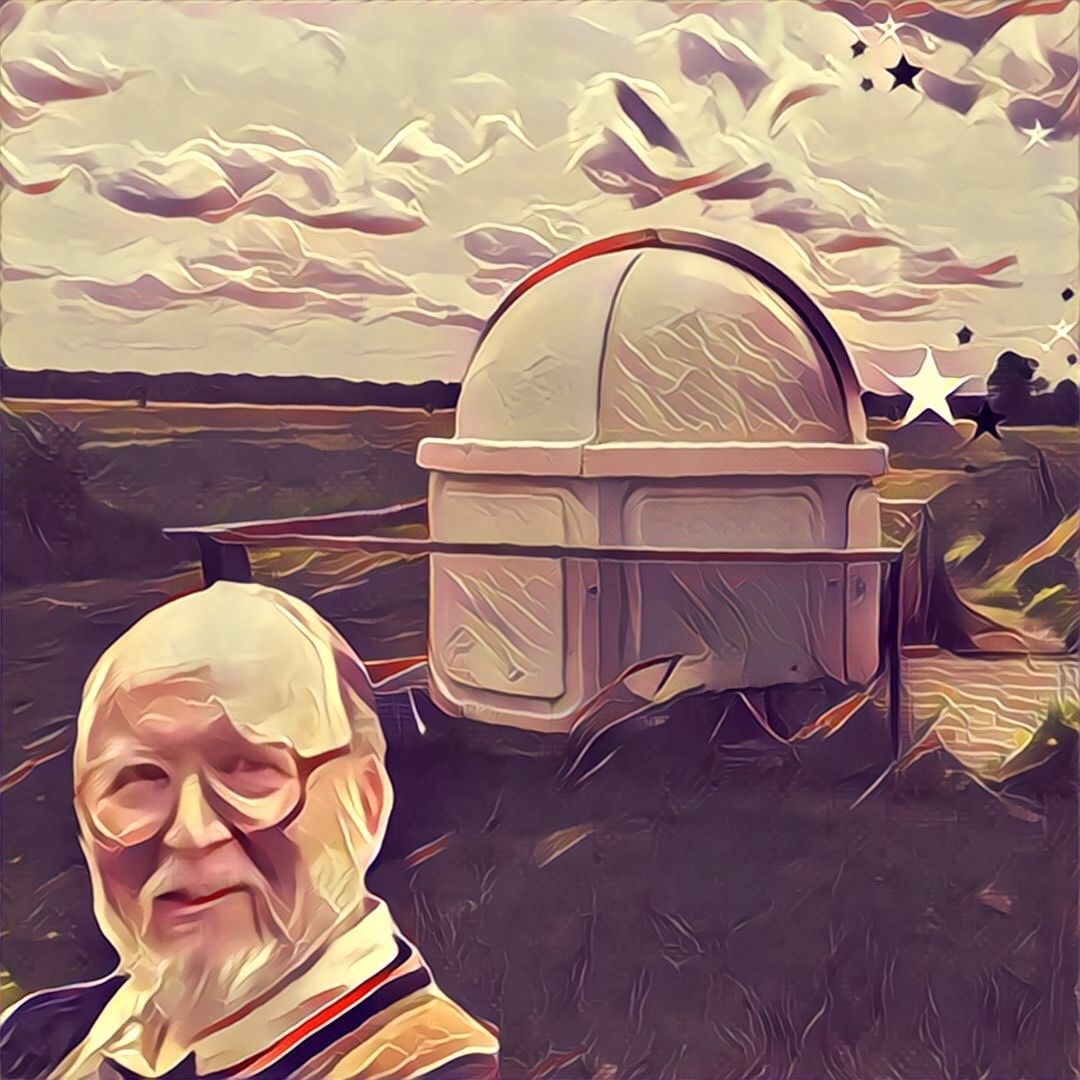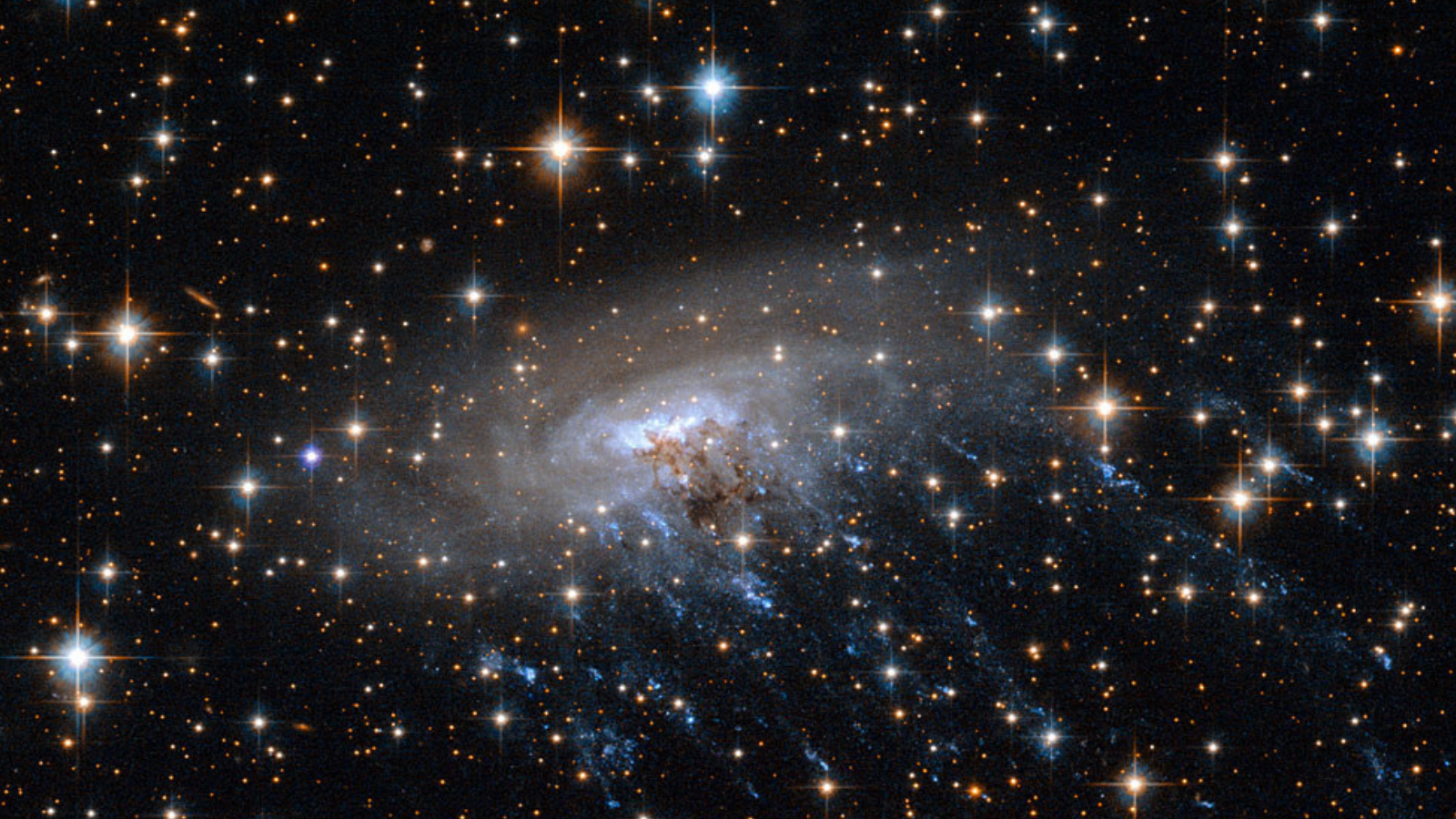Best Time to See Mercury in Night Sky Is Now

Breaking space news, the latest updates on rocket launches, skywatching events and more!
You are now subscribed
Your newsletter sign-up was successful
Want to add more newsletters?

Delivered daily
Daily Newsletter
Breaking space news, the latest updates on rocket launches, skywatching events and more!

Once a month
Watch This Space
Sign up to our monthly entertainment newsletter to keep up with all our coverage of the latest sci-fi and space movies, tv shows, games and books.

Once a week
Night Sky This Week
Discover this week's must-see night sky events, moon phases, and stunning astrophotos. Sign up for our skywatching newsletter and explore the universe with us!

Twice a month
Strange New Words
Space.com's Sci-Fi Reader's Club. Read a sci-fi short story every month and join a virtual community of fellow science fiction fans!
Stargazers have the best chance of the year to spot Mercury in the evening sky over the next week, but only if you know how to find the elusive planet.
Like most of the planets, Mercury is quite bright, among the brightest objects in the night sky. Despite this, it is probably the least often seen of all the planets.
The problem with Mercury is that it never strays very far from the sun. It can be seen occasionally as a tiny speck just after sunset or just before sunrise, but most people, even serious skywatchers, have never seen it. In fact, it is said that famed Johannes Kepler, who figured out the laws of planetary motion, never saw Mercury in his entire life in the late 16th and early 17th centuries. [The Most Enduring Mysteries of Mercury]
This week is your best chance for 2014. The best time to spot Mercury is about half an hour after sunset (or half an hour before sunrise).
If the sun is any higher, the sky will be too light to see Mercury. If the sun is any lower, Mercury itself will be too low to spot in the horizon haze. About 30 minutes from sunset or sunrise seems to be the "sweet spot" for seeing Mercury.
Find a location with a low western horizon … actually about half way between west and southwest. Watch the sun go down, wait half an hour, and then look just above and to the left of where the sun set.
It often helps to scan the horizon with binoculars to pick up thetiny speck that is Mercury. Once spotted in binoculars, you should have no trouble seeing it with your unaided eye. You'll probably wonder why you had trouble in the first place.
Breaking space news, the latest updates on rocket launches, skywatching events and more!
Mercury will be at its highest when it is farthest from the sun on Friday (Jan. 31), but it should be almost as visible any night this week. The special treat about Friday night is that Mercury will be joined by a one-day-old crescent moon, just below and to its right. The following night the moon will have moved so that it’s just above Mercury.
Mercury is a planet best appreciated with naked eye or binoculars. It is almost always a disappointment in a telescope. Not only is it very tiny, but it's usually marred by atmospheric turbulence because it's so low in the sky. At best you should see it as a tiny slightly gibbous or slightly crescent-shaped "moon."
Editor's note:If you snap an amazing photo of Mercury, or any other night sky object, and you'd like to share for a possible story or image gallery, please contact managing editor Tariq Malik at spacephotos@space.com.
This article was provided to SPACE.com bySimulation Curriculum, the leader in space science curriculum solutions and the makers of Starry Night and SkySafari. Follow Starry Night on Twitter @StarryNightEdu. Follow us @Spacedotcom, Facebook and Google+. Original article on SPACE.com.

Geoff Gaherty was Space.com's Night Sky columnist and in partnership with Starry Night software and a dedicated amateur astronomer who sought to share the wonders of the night sky with the world. Based in Canada, Geoff studied mathematics and physics at McGill University and earned a Ph.D. in anthropology from the University of Toronto, all while pursuing a passion for the night sky and serving as an astronomy communicator. He credited a partial solar eclipse observed in 1946 (at age 5) and his 1957 sighting of the Comet Arend-Roland as a teenager for sparking his interest in amateur astronomy. In 2008, Geoff won the Chant Medal from the Royal Astronomical Society of Canada, an award given to a Canadian amateur astronomer in recognition of their lifetime achievements. Sadly, Geoff passed away July 7, 2016 due to complications from a kidney transplant, but his legacy continues at Starry Night.
